You can lead a man to knowledge, but you can't make him think
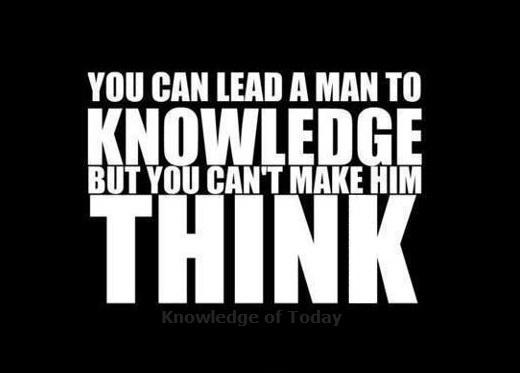
You can lead a man to knowledge, but you can't make him think
Knowledge is a powerful tool that can shape the way we see the world and make decisions in our lives. It is often said that "you can lead a man to knowledge, but you can't make him think." This statement highlights the fact that simply providing someone with information or facts does not guarantee that they will truly understand or internalize it. In order for knowledge to be truly effective, it must be actively engaged with and critically analyzed by the individual.Leading someone to knowledge can take many forms, whether it be through formal education, personal experiences, or simply sharing information with them. However, the act of thinking requires a deeper level of engagement with that knowledge. It involves questioning, analyzing, and synthesizing information in order to form new ideas and perspectives. Without this critical thinking process, knowledge remains stagnant and does not have the power to truly impact an individual's beliefs or actions.
In today's fast-paced world, where information is constantly being bombarded at us from all angles, it is more important than ever to cultivate the ability to think critically about the knowledge we encounter. This is especially true in the age of social media, where misinformation and fake news can easily spread and influence public opinion. Without the ability to think critically about the information we consume, we are at risk of being misled and making decisions based on false or incomplete information.
Furthermore, critical thinking is essential for innovation and progress. It is through questioning and challenging existing knowledge that new discoveries are made and advancements are achieved. Without the ability to think critically, we would be stuck in a cycle of repeating the same mistakes and never moving forward.


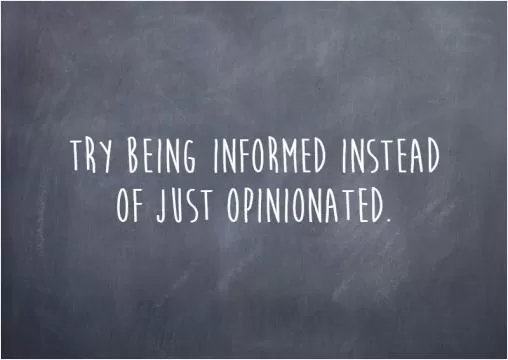
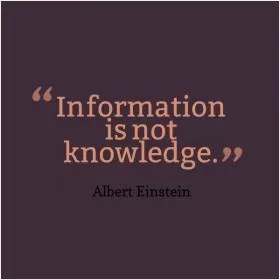

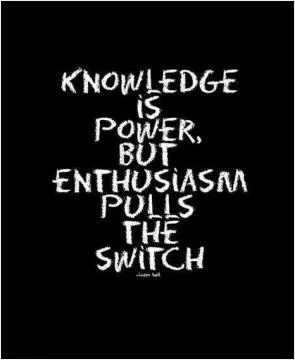
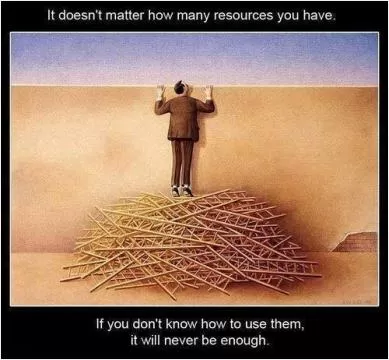
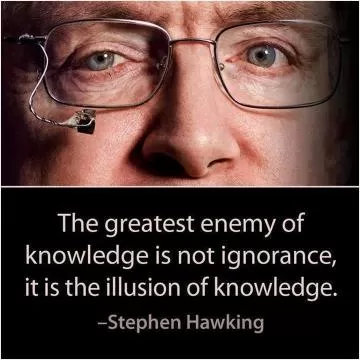
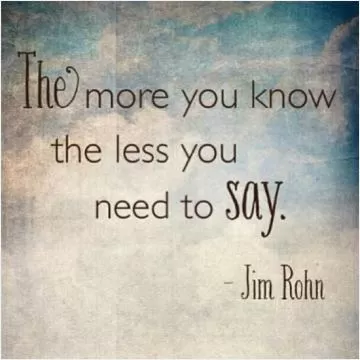
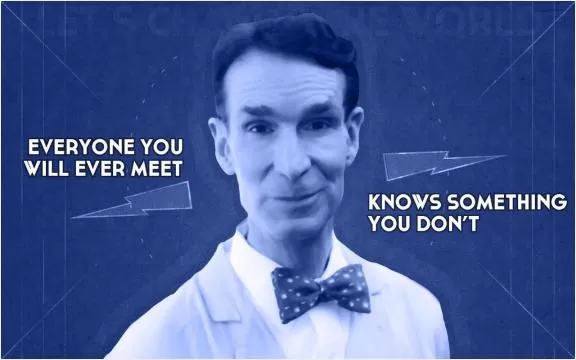
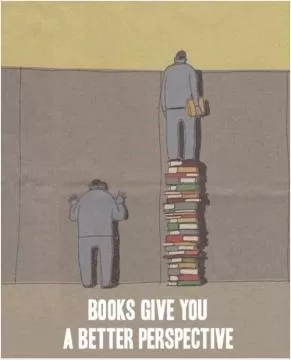

 Friendship Quotes
Friendship Quotes Love Quotes
Love Quotes Life Quotes
Life Quotes Funny Quotes
Funny Quotes Motivational Quotes
Motivational Quotes Inspirational Quotes
Inspirational Quotes